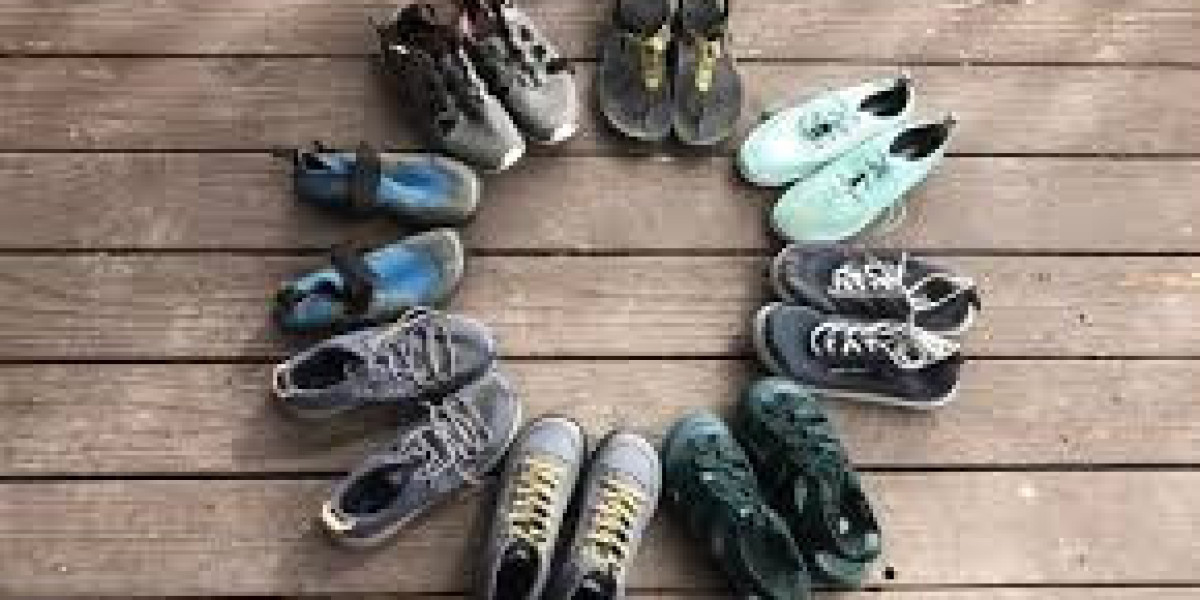1. Setting Goals and Objectives for Your Shoe Drive
- Define Fundraising Goals
Determine how much money you hope to raise. Setting a clear target helps motivate volunteers and makes it easier to measure success. - Identify Additional Objectives
Besides fundraising, consider goals such as promoting sustainability, providing shoes for those in need, or encouraging community engagement. - Decide on a Timeline
Choose a start and end date for the drive, typically lasting between 4–8 weeks to allow ample time for collection.
2. Planning and Organizing the Drive
- Determine the Type of Shoe Drive
Choose between a straightforward shoe donation drive or a fundraising drive where shoes are collected and sold by weight or unit to a partner organization. - Find a Partner Organization
Research companies that purchase shoes from fundraisers, like Funds2Orgs or GotSneakers. These organizations pay based on the quantity and type of shoes, handle logistics, and redistribute the shoes responsibly. - Gather a Team of Volunteers
Recruit team members to help with collection, sorting, and promotion. This could include friends, family, colleagues, or members of the organization. - Budget and Supplies
Create a budget for marketing materials, collection bins, and transportation if necessary. Many organizations may offer materials or cover logistical costs.
3. Marketing and Promotion
- Develop a Promotional Plan
Design a plan to spread the word through flyers, social media, and local events. Emphasize the goals of the drive and how community members can help. - Use Social Media
Regularly post updates on platforms like Facebook, Instagram, and Twitter. Share stories, progress, and goals to encourage people to donate. - Collaborate with Local Businesses
Ask local businesses to host collection bins or share information about the drive with their customers. - School and Community Announcements
If organizing through a school or community center, make announcements, send newsletters, or use other local communication channels.
4. Collection and Logistics
- Set Up Collection Bins
Place bins in high-traffic areas like schools, gyms, community centers, and local businesses. Clearly label them with details about the drive and acceptable shoe types. - Acceptable Shoe Guidelines
Inform donors about the types of shoes accepted (typically new or gently used shoes, no heavy boots or damaged shoes). - Tracking Progress
Monitor the amount of shoes collected and keep donors updated on progress through social media or email. This fosters excitement and encourages more donations. - Storage and Transportation
Arrange for a secure place to store collected shoes. Consider transportation needs for delivering the shoes to your partner organization at the end of the drive.
5. Working with the Shoe Collection Partner
- Understand Payment and Logistics
Familiarize yourself with the partner's payment structure and requirements, such as minimum weight or number of pairs. - Prepare Shoes for Pickup or Delivery
Once the drive ends, follow your partner’s instructions for sorting, packing, and preparing shoes for transport. - Document and Celebrate Success
Record the number of shoes collected and funds raised. Celebrate the success by sharing it with your community and volunteers.
6. Post-Drive Engagement and Follow-Up
- Thank Donors and Volunteers
Send thank-you notes or emails to everyone who contributed, recognizing their role in the drive’s success. - Share the Results
Post updates on social media, community boards, or newsletters about the funds raised and the impact of the shoe drive. - Collect Feedback
Gather feedback from volunteers and participants to improve future drives. Ask what went well and what could be enhanced next time. - Plan for Future Drives
Use the experience and feedback from this drive to improve future events, potentially turning it into an annual or recurring fundraiser.
Conclusion
A shoe drive fundraiser not only raises money but also fosters community engagement and makes a positive impact by recycling shoes. With clear goals, organized logistics, effective promotion, and strong community support, you can turn a shoe drive into a meaningful and successful fundraising event.



